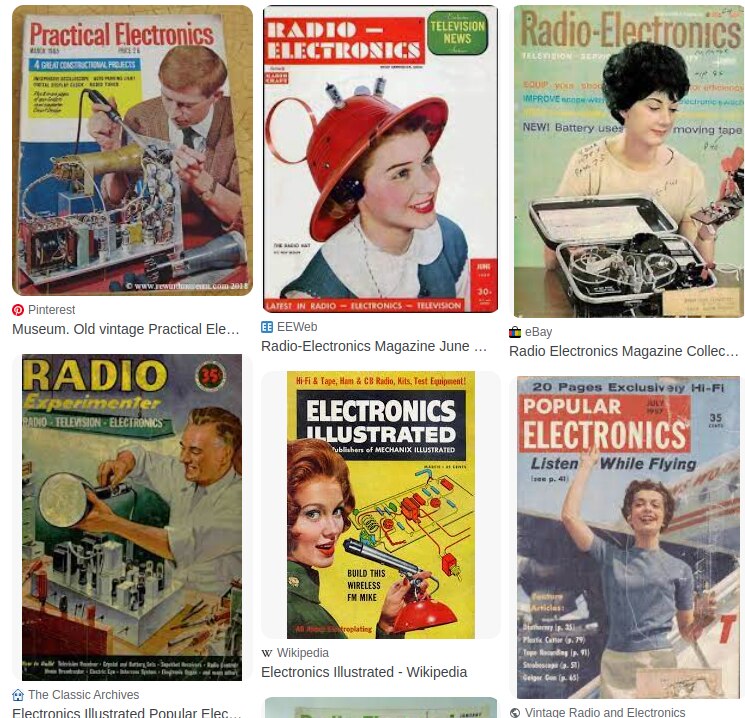- When the hand-held electronic calculator became available, it was a game changer in reducing design time.
- When the PC hit the streets it was an even bigger game changer, with word processing, spreadsheets and CAD.
- When the Internet took off, it was an even bigger game changer, with search engines and massive information repositories.
- The advent of affordable low-cost electronics (pioneered by the TI MSP430 for $4.30) made made it feasible for individuals to participate.
- The Arduino IDE forced the era of low-cost IDEs.
- The Raspberry Pi maintained the pressure to make electronics affordable, now carried on by Risk V.
- Element14 changed the game for me, providing much of the instrumentation in my lab, lots of project material and lots of interaction with interesting technical people.
- When the price of custom PCBs dropped below $1 it totally changed how I do prototyping.
- The next big game changer is AI. I'm not sure I want to embrace it, but it is a reality.
- Beyond this, AI and technology will morph into human augmentation. (the cell phone is just a precursor to the "Internet of People")
- I am not thrilled with cell phones (they were not a game changer in my career) and I am not thrilled about the prospect of human augmentation, even though one vector is longer lifespans.
What events, products and technologies were game changers for you?
Did video games influence your career?
Did Napster blow you away?
Was the open source movement life changing? GitHub?

